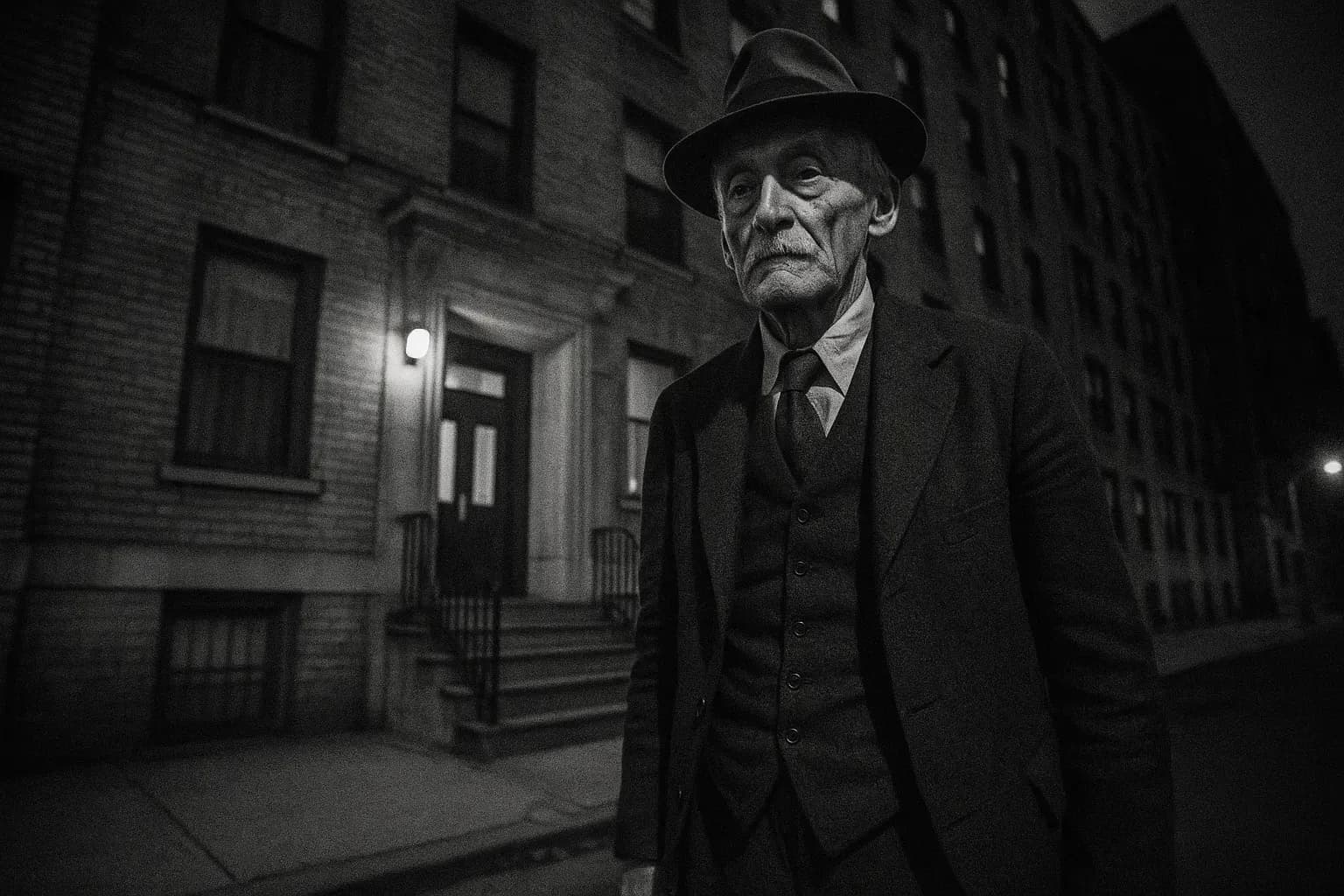
Wrongful conviction
The system's dark side – When innocents are convicted and truth is buried
When an innocent person is convicted, a wrongful conviction strikes. Delve into the causes, the devastating consequences, and the fight to uncover the truth in true crime cases.
The system's dark side – When innocents are convicted and truth is buried
What's a wrongful conviction and why is it a nightmare?
A wrongful conviction is a tragic judicial error where an innocent person is wrongly convicted of a crime they did not commit. This constitutes one of the most serious failings of the legal system, not only destroying the convicted person's life but also meaning the real perpetrator potentially avoids punishment, possibly leaving the original crime as an unsolved case in the public consciousness. Wrongful convictions fundamentally shake confidence in justice and highlight the human fallibility that can occur during both investigation and sentencing.
Why wrongful convictions: From fallible witnesses, pressure
The causes of a wrongful conviction are often varied and complex, ranging from unintentional errors to deeper systemic problems within the justice system. Erroneous eyewitness testimonies, where memory fails or events are misinterpreted, are a frequent contributing factor. Another key cause can be a false confession, often induced by intense psychological pressure, deceptive interrogation techniques, or from vulnerable individuals. Added to this is the risk of inadequate or biased investigation, where investigators' tunnel vision can lead to crucial alternative evidence or leads pointing away from the original suspect being overlooked. In rare, but particularly serious cases, wrongful convictions can result from the deliberate fabrication of evidence or other misconduct by officials.
Wrongful conviction: Personal tragedy and shattered trust
The consequences of a wrongful conviction are extensive and affect far more than just the wrongly convicted individual. For the individual, a wrongful conviction leads to loss of freedom, a ruined reputation, broken family relationships, and typically a years-long, grueling fight to prove their innocence and secure a retrial. For society as a whole, every case of wrongful conviction undermines trust in the legal system, its integrity, and its ability to guarantee due process for citizens. This is precisely why wrongful convictions are a central and relevant theme in true crime; they speak directly to our fundamental sense of justice and the desire for truth to be uncovered, even when the system has made serious errors. These cases expose the potential fragility of the justice system and the intense, often years-long legal process required to overturn a wrongful conviction and attempt to restore some form of justice.
Uncovering wrongful conviction: DNA, new evidence switch
The path to uncovering a wrongful conviction and achieving a final acquittal is often lengthy and fraught with complex legal and investigative challenges. New technological advancements, particularly DNA evidence and improved forensic methods, have in many cases been crucial in proving a convicted person's innocence long after the original verdict. In other situations, the revelation of a wrongful conviction may stem from the real perpetrator's late confession, the emergence of new witnesses, or an in-depth, critical review of the original evidence and case files, which uncovers fatal errors, omissions, or even procedural irregularities. Every resolved case of wrongful conviction underscores the constant need for critical review, openness to new evidence, and an ongoing commitment to refining legal processes and investigative techniques to minimize the risk of an innocent person being convicted as much as possible.
Explore cases of wrongful convictions, where flawed investigations and questionable testimonies led innocent people behind bars. What do wrongful convictions look like in practice? Read our harrowing cases on the subject below.
Posts Tagged “Wrongful conviction”
28 postsShowing first 20 of 28 posts. Use search or filters to find more.

.webp&w=3840&q=75)

















